
Artificial sweeteners are sugar substitute found in many food and drinks. They are becoming increasingly popular due to their lower calorie value comparing to white sugar. Various types of artificial sweeteners are available on the market today. But, what exactly are artificial sweeteners, what is their role and are they really safe?
Artificial Sweeteners Overview
Artificial sweeteners are synthetic food additives created as alternative to sugar but much sweeter and with less calories. People like to use them for several reasons. They are mainly used for weight control. Individuals who are trying to lose weight or prevent weight gain can rely on artificial sweeteners because of their low food energy. Thanks to artificial sweeteners, a dieter can eat any food he or she likes and still lose weight. Another benefit of artificial sweeteners is that they, unlike sugar, do not contribute tooth decay. Actually, there are some types of artificial sweeteners that can prevent plaque formation. Artificial sweeteners are also good for people suffering from diabetes as they do not raise blood sugar level. Their use allows diabetics to eat variety of foods and at the same time keep their blood sugar level under control. Finally, great advantage of artificial sweeteners is that they are lower in cost comparing to sugar.
Types of Artificial Sweeteners
The Food and Drug Administration (FDA) has approved several types of artificial sweeteners. They are:Saccharin – this type was the first artificial sweetener, synthesized in 1879. It is 500 times as sweet as sugar and is used in many dietary foods and dietary beverages.Aspartame – it was produced in 1965. It is derived from aspartic acid and phenylalanine. It is 200 times sweeter comparing to sugar and mainly found in chewing gums, frozen foods, gelatins, puddings and carbonated beverages. Sucralose – it is about 600 times sweeter than sugar. It is the newest artificial sweetener on the market and is mainly found in cooked or baked foods, frozen desserts, chewing gums and beverages.Apart from these, there are also two types of artificial sweetener that have not been approved by the FDA:Cyclamate (Sucaryl) – it was discovered in 1937 but in 1969 the FDA banned its sale because of possible health risks. Cyclamate is the least potent artificial sweetener, which is only 30 times as sweet as sugar. In Europe, cyclamate is still used in different products.Lead Acetate – it is a sugar substitute made from lead that was widely used in the past by ancient Romans. However, lead acetate was banned because of the possible risk of lead poisoning. Are Artificial Sweeteners Safe?
In general, artificial sweeteners are considered beneficial and safe. Several clinical trials in the past have linked saccharin and aspartame to bladder cancer in laboratory rats. But, recent studies have not found evidence that these artificial sweeteners have hazardous effect on humans. However, if you are concerned about safety of synthetic sugar substitutes, there is a natural alternative known as Xylitol. Xylitol is sugar alcohol obtained from fibers of fruits and vegetables. Xylitol is considered safe for pregnant and lactating women and its regular use can even prevent dental decay.






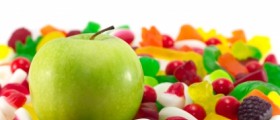
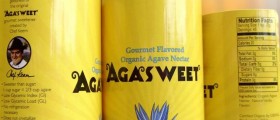


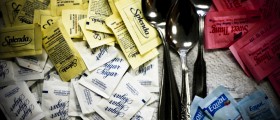
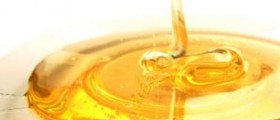

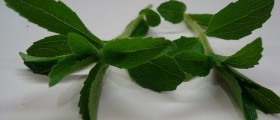



Your thoughts on this
Loading...